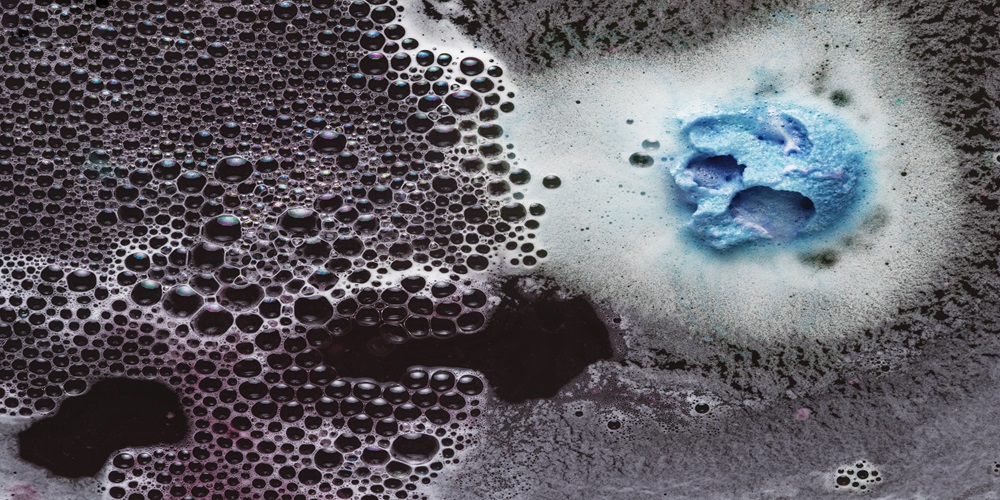Grey water is simply whatever the remains after laundry, showering, using your sink, or using your bathtub. It is not sewage water. This is because sewage water is in contact with feces, like from your toilet or washing your diapers. Grey water can have traces of food, dirt, grease, household cleaning products, or hair. As much as it looks dirty, the water is safe for irrigation. However, if this water gets into rivers or lakes, the nutrients present become pollutants. But to the plants, these nutrients are valuable fertilizers.
The purpose of reusing grey water is to reduce pollution in water bodies. Furthermore, saving water lowers your utility bills. Many urban residents are reusing this water to irrigate their yards or lawns in a natural water cycle. The easiest way to do this is by piping it outside directly to irrigate vegetable plants and fruit trees. Build a grey water system using plant-friendly products. Ensure there is little boron or chlorine bleach because a buildup of boron in the soil damages plant roots and growth.

Is grey water dangerous?
The water is safe to use for irrigation purposes. However, it is unsafe for drinking or cooking purposes. Why? The water carries viruses and bacteria; hence, it is not potable. However, you can use it to flush toilets or irrigate your yard.
Untreated grey water is unsafe for sprinkler irrigation as it can make viruses or bacteria go airborne. Recycle your water instead of wasting it in the drain. Capture the water and use it in your garden. You can get a residential graywater recycling system. Gardens do flourish from the nutrients found in water.
Treated grey water
This water carries a lower health risk. However, the type of treatment determines what you can use the water for, including toilet flushing, watering gardens, or doing laundry. Graywater treatment systems are pricey and expensive to set up or operate. But worth every penny, that’s why septic pumping services from an experienced is necessary.
Regulations state that treatment systems must bear a certificate of approval. The certificate outlines the conditions of use in line with environmental protection.
While grey water is relatively clean, it still should undergo proper treatment to eliminate potential risks. Filtration systems, disinfection, and biological treatment effectively remove impurities and pathogens in water. This renders the water safe for use in flushing toilets and irrigation, among other non-potable uses.
Untreated grey water
The water is useful during dry periods. You can convert this water directly from your plumbing system and use a diversion device or hosepipe. Alternatively, use a bucket. You do not need certification or council approval to use it this way.
However, use it properly to avoid killing off plants or making your family ill. Exercise precautions to minimize health risks to your family or plants.
Regulatory guidelines and considerations
Ensure you adhere to the guidelines and standards when incorporating greywater systems into your property. Local authorities have specific regulations for collecting, treating, and reusing grey water to protect public health. Comply with these regulations to ensure environmental integrity.
Conclusion
Grey water is a valuable resource in water management. Harness your water to minimize waste and reduce pressure on freshwater resources in your community and business. It is time to build a culture of responsible environmental management practices. Join environmental action groups to promote a greener and more sustainable planet. Remember to contact drainage professionals to ensure your grey water system meets all necessary regulations and standards for safety and environmental protection.